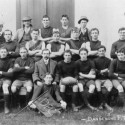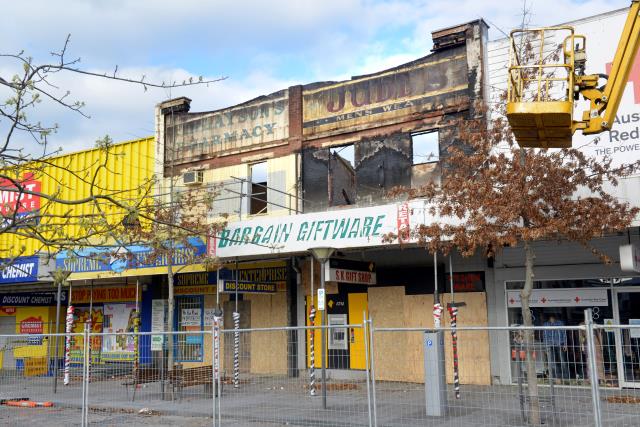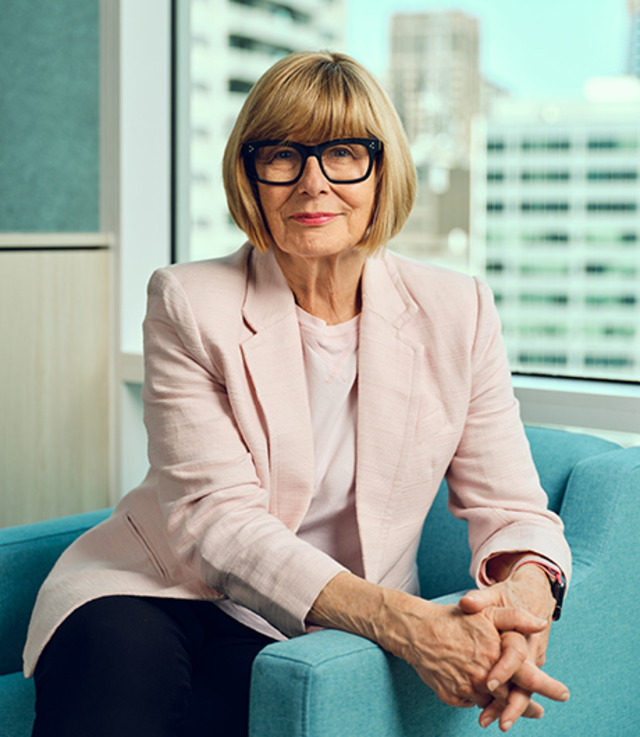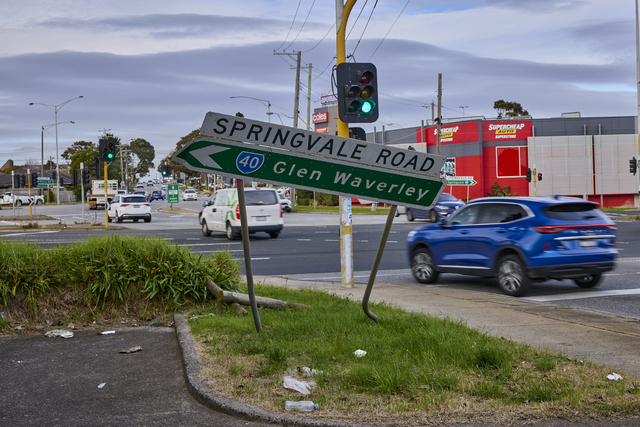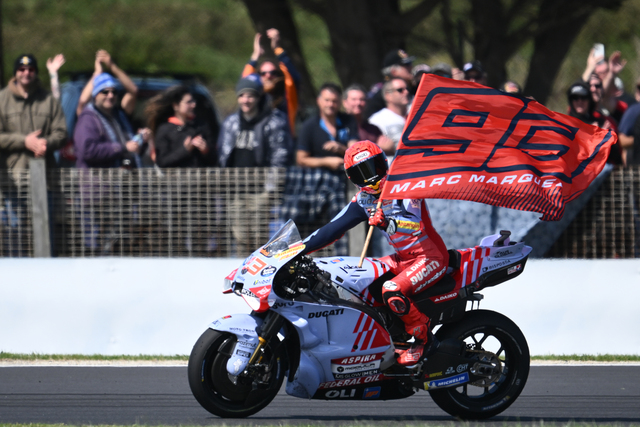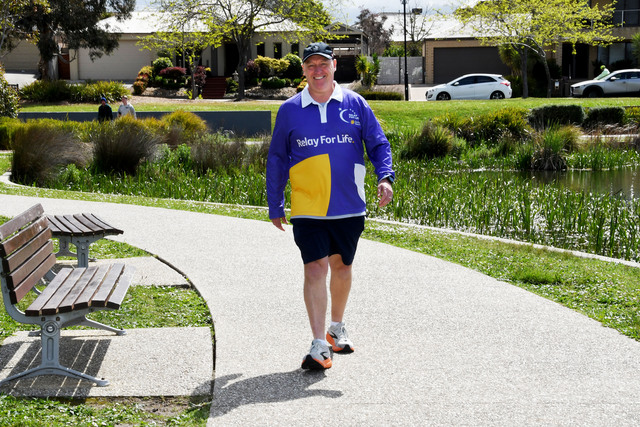
By JARROD POTTER
IT TOOK five years for Dandenong Football Club to get a second chance at a premiership.
The club had suffered a four-point defeat in its final match before the Great War, as at least seven players from the side packed up and went abroad to serve their fledgling nation.
Pakenham claimed the trophy on that fateful day in 1914 – which for a number of Dandenong players would be their last foray in football.
Tom Couve, Eric Keys, John Walker, James Kennedy, F. Turner, A. Wilson and Rupert Rodd featured in Dandenong’s last match before the Great War.
A damning summary of the 1914 premiership loss described Dandenong’s defeat in blunt terms: “primarily their failure is due to the want of cohesion; the spirit was not there.”
Spirit and cohesion had to become the national endeavour throughout the conflict, as everyone had to band together through the years in recess as Australian men in their droves went to war.
Couve – and his brother Alan – and Walker would not return from the front as the rest of Dandenong tried to cope with their passing while hoping the war would end swiftly.
That would take four long years but once the atrocities ended – the guns falling silent for the first time in half a decade – everyone felt the need to return to the way things were.
Wearing the next proudest item to an Australian army uniform – the red and blue of Dandenong’s jumper – the boys were hungry to return to the football field.
“Your committee, during the season in accordance, with other clubs in the competition decided to abandon all football during the war,” Dandenong Football Club’s 1919 secretary’s report read.
“Members were taking on the more serious part in fighting for the Empire, and you all know what splendid part members of the Dandenong club have taken in this Great War.
“Many have paid the supreme sacrifice, and to the relatives of same we should tender our sincerest sympathy.”
Returning to the field – after participating in “the greater game” of war as some reports of the time dubbed it – some things remained.
The club colours stayed the same – red and blue, while the club joined the Berwick District Association.
But the game above all was there waiting for its best and brightest to come home and after the atrocities of a devastating war abroad, light-hearted enjoyment and competition were desperately needed to soothe frayed spirits around the region.
Springvale had beaten the Dandy boys in the first final, but Dandenong responded with its right to challenge for the premiership. It was safe to say the charter train from Clayton to Pakenham was a fiery affair for Springvale and Dandenong players and supporters alike.
Dandenong had to play without its star foursome – Noble, Wilson, Vendy and Pearson – the latter having been ordered to bed as Jas Sleith, Vines, Blaine and Rupert Rodd were called into the side.
Rodd was notable among the brought in players, having only arrived home on 3 July, only a week after the signing of the Treaty of Versailles, following his service with the Field Artillery Brigade, Reinforcement 33 as a gunner.
Kennedy’s record also speaks volumes with the lieutenant serving in Egypt, Gallipoli and finally the Western Front in an arduous campaign that lasted until May 1919 when he was discharged.
Dandenong’s captain Harry Anderson – who also led the side in its 1914 grand final defeat – won the loss and kicked towards the Pakenham dressing rooms.
It took a while for the sides to get into the clash as Dandenong had to wait until the second quarter to kick ahead via F. Turner.
Newsome made it two quick majors for Dandenong before William Holford – a returned veteran who served with the 14th Battalion – kicked Springvale’s first, followed quickly by Patterson’s long-running effort.
Dandenong led at the final change, three goals to Springvale’s two – following what would be the pivotal goal from Bell – and the army effort for the final goal came as Rodd marked and passed to Leeson, who “kicked a goal and thus Dandenong ran out winners by 20 points.”
Other Dandenong players who served but did not feature in the 1919 premiership side were Tulloch and the seriously wounded Alex Kelley.
Springvale’s Paterson, McPharland and Holford all served the country proudly and featured in the grand final defeat.
The Journal noted “the extra fine work was done by Anderson, Newsome, A. and F. Turner, Swords, Merritt, Rodd, Bell, M. McQuade and Eric Keys” in a fitting way to cap off the return to civilian life and most importantly … the return to football for many of these men.

